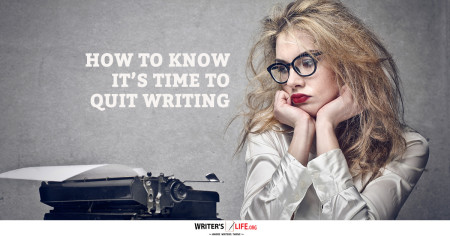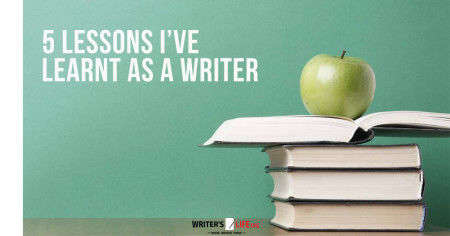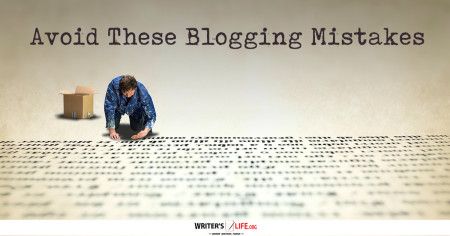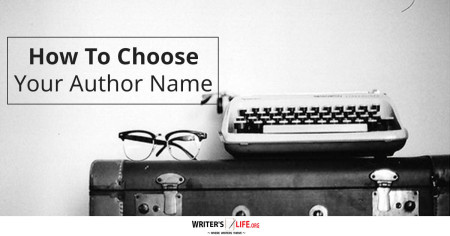- How To Tackle Jealousy In Creative Writing
- Common Submission Mistakes
- How To Stop Your Blog Becoming Boring
- The One Thing Every Successful Writer Has In Common
- How To Make Yourself Aware Of Publishing Scams
- Why Almost ALL Writers Make These Grammar Mistakes At Some Point
- 5 Tips For Authors On How To Deal With Rejection
- Top Mistakes to Avoid When Writing a Novel
- How to Avoid Common New Writer Mistakes
- 10 Mistakes New Fiction Writers Make
Is Rejection Really That Bad?
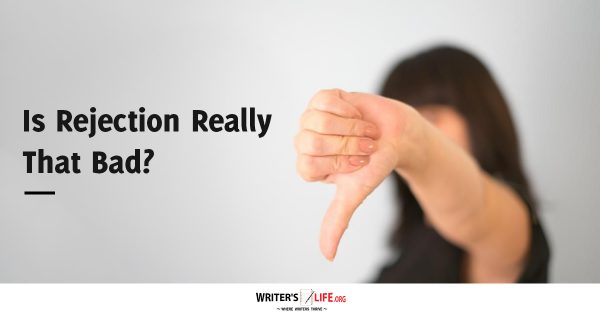
We’re all told that as writers rejection is one of the toughest parts of the job. There are countless pieces of advice on how to cope with rejection, how to pick up the pieces and to move on, but is that necessary? Rejection doesn’t have to be something that knocks us for six and takes time to ‘get over’ - in fact; it really isn’t that bad at all. Here’s why:
Rejection is inevitable
For writers, it’s death, taxes and rejection letters. Every writer gets rejected. It’s just going to happen. So there is no point in hoping that somehow it won’t happen to you, that you’ll be one of those lucky leprechaun writers who lands a huge publishing deal straight away. You won’t. The rejection will come. So what is the point of getting upset about something so utterly inevitable? Save your energy and emotion for something more worthwhile.
Rejection is valuable
Once you have cheerfully accepted the fact that you will get rejected, why not then turn your attention to how you might use it to your advantage? Sometimes rejection letters come with feedback; these are as valuable as gold. If you get rejected a few times this means something, so go back over your manuscript and your cover letter and synopsis, and think about how you can make improvements to give yourself a better chance of success next time.
Rejection is never personal
Remember when an editor decides to reject your work they aren’t doing it because they have some longstanding vendetta against you. It’s only business so keep it businesslike, stay professional and don’t immediately swear them as your mortal enemy.
Rejection doesn’t always count
Some rejections don’t mean anything. Each time you get a rejection go back and think about whether really, realistically your book ever stood a chance there. Sometimes we are all guilty of sending our work off to publishers that aren’t suitable. These rejections don’t count, ignore them and put more effort into your research next time.
Rejection is subjective
OK so there may be certain trends, or algorithms editors are using to decide whether your book will appeal to the masses. But at the end of the day, it’s still going to be down to personal taste. You also never can be sure of the circumstances when your book reaches the top of the pile. They may have read two other promising and similar stories that day, they might be in a particularly bad mood, they might have forgotten to eat breakfast and be distracted by their hunger. Any number of factors could influence their decision, and apart from writing the best book you can and giving the best pitch you can give, they are pretty much entirely out of your control.
Rejection isn’t that bad.
We are so often told that rejection is crushing, soul-destroying, heartbreaking and so on. It’s all pretty dramatic. It’s all too easy to be influenced by this, to get sucked in. But really what's the point? Getting overly upset about rejection is a waste of your precious time, so have some more respect for yourself and your work, and accept rejection for what it is, an opinion, that’s all.
Let’s face facts; we’d all prefer to get a positive response than a rejection. However, if we can be a bit more practical about it and face the fact that it’s going to happen, instead of having what seems to be the widely accepted reaction of immediately turning into a wailing wreck, and claiming we’ll never write again we could instead accept it.
Take rejection on the chin. Be a bit thicker skinned and you may just be able to use it to make you a better writer.

Bethany Cadman -author of 'Doctor Vanilla's Sunflowers'










